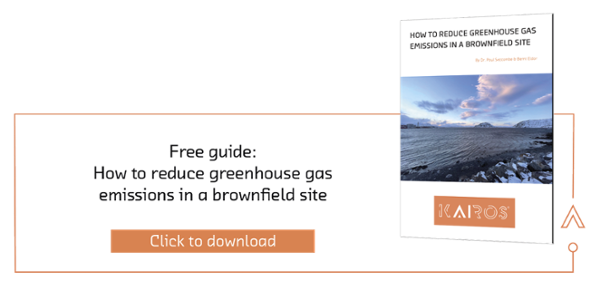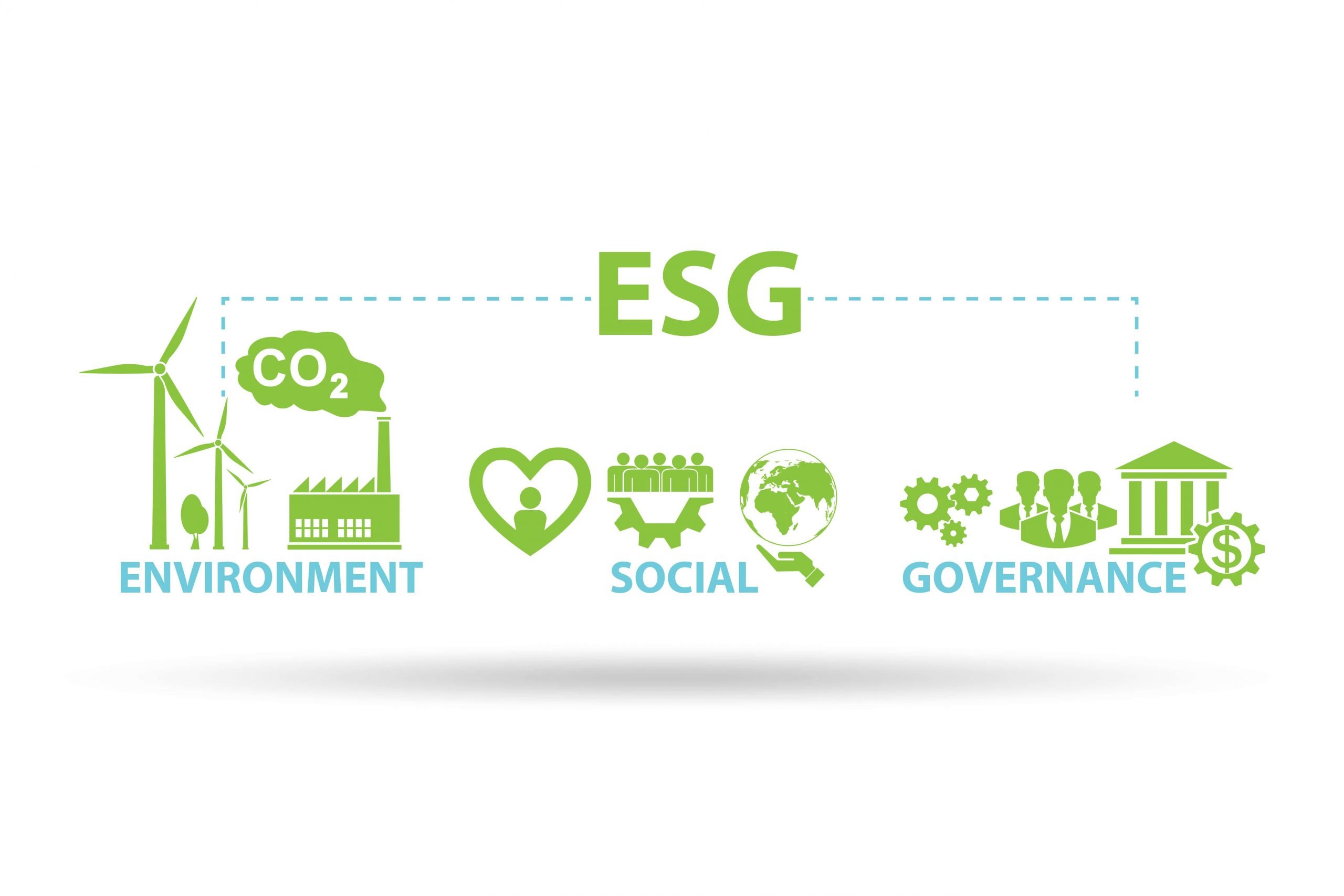Today there is no contradiction between sustainability and profitability. In fact, as many as 93% of CEOs think that sustainability will be an important part of their company’s future success (1 according to the 2010 UN Global Compact-Accenture CEO Study “a New era of Sustainability”), Wall Street Journal even makes a list of the 100 Most Sustainably Managed Companies in the world1.
So let’s assume that we do not have to document a business case for sustainability. Top management and investors are already convinced. When there is no doubt in the mind of the management - how can we ensure that the industrial companies manage to build a culture for reduced emissions at all levels of the organization? The objective is to ensure that decisions during daily operations of a processing plants support reduced emissions.
How to build a culture to change has been subject to numerous studies and books. A good starting point to building an understanding can be found in: Bertels, S., Papania, L. and Papania, D., 2010. Embedding sustainability in organizational culture. A systematic review of the body of knowledge. London, Canada: Network for Business Sustainability
One of the challenges is the fact that there already exists a very strong culture for operating safely at a high performance. Now we are bringing an additional parameter to optimize. Sometimes, reducing the emissions will impact the performance and operational personnel will have to prioritize.
“Walk the green talk”
Management needs to be the role model on all levels in the organization. Demonstrating that decisions are made based on the importance of reducing emissions is key. Control room operators need to see that asset operation managers makes decisions to reduce emissions even when they risk losing efficiency. This approach is not limited to work related decisions. A CEO using public transportation is much more credible and sends a strong signal to all their employees that sustainability is important.
Recognize success and change makers
Making emissions a part of the production performance reporting of KPIs (Key Performance Indicators) can be a great step. Visibility of the performance when it comes to emissions is a key to be able to improve. Making emissions a part of the reporting is important as well recognizing success when emissions have been reduced, even if that has compromised production efficiency. Use real examples from daily operations and highlight the reduced emissions success.
Link emissions to personal life
Motivating people to change culture is always simpler when results are directedly related to their personal life. For some employees this is already obvious. Climate change is a threat that many people feel as a personal threat. In some places, this view can be regarded as a political opinion. In this case, you may want to find obvious examples such as reducing pollution. Nobody wants to be exposed to pollution! Make the emissions reduction a path to a better life and something to be proud of.
Forward-looking guidance
Industrial production sites are complex, and the emissions impact of operational decisions is not always obvious. It can be very difficult to understand how a deviation might lead to emissions and how adjusting the operational parameters will impact the emissions. To manage this case, there is a need for updating the standard operational procedures and train operators. The best solution is to make this available in real-time as control room operator guidance, based on plant operational state. Be aware that there will be a need for a system where the safety is always given priority.
Once we are operating safely, our attention needs to be shifted towards emissions.
Sources:








